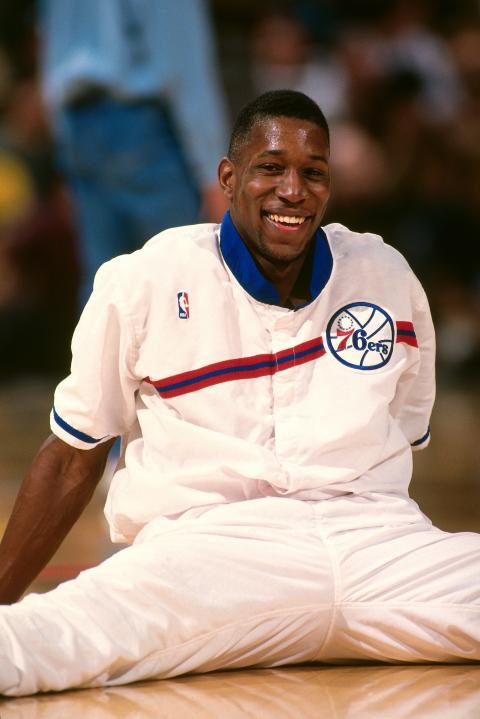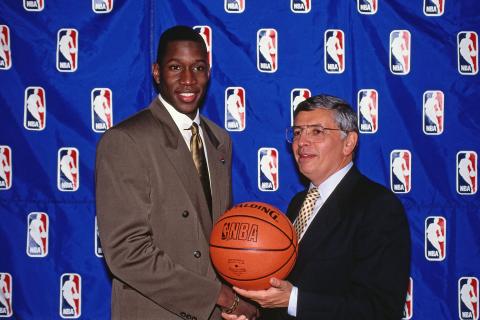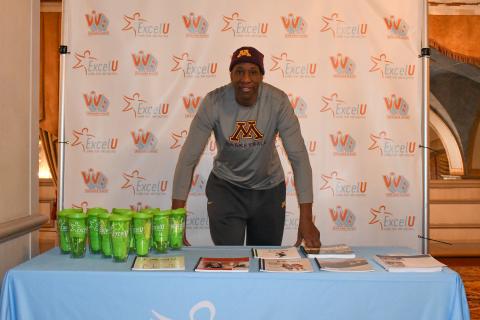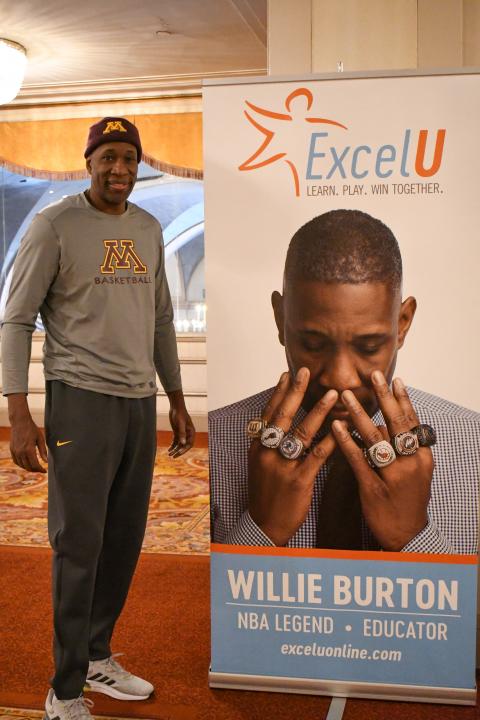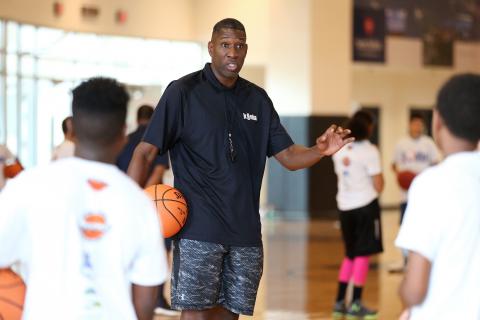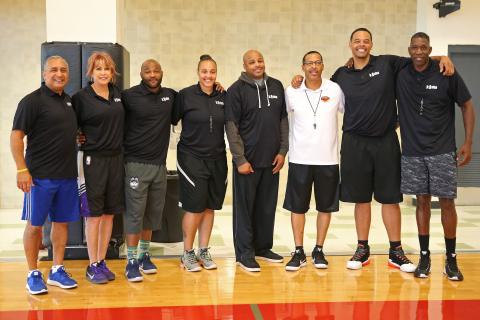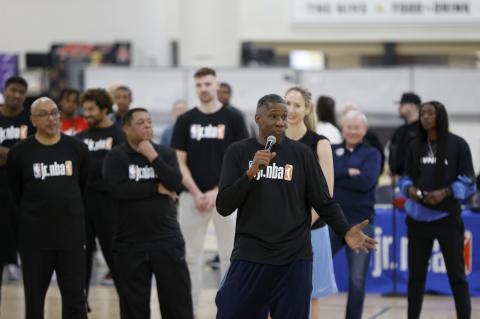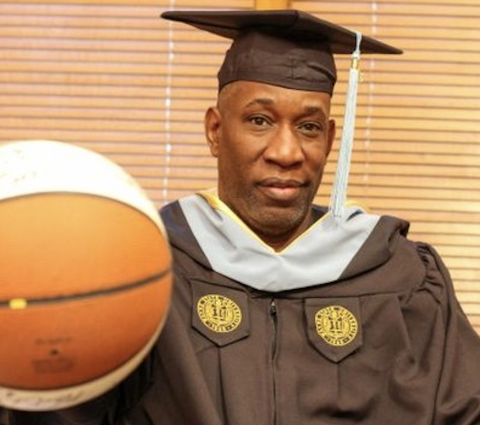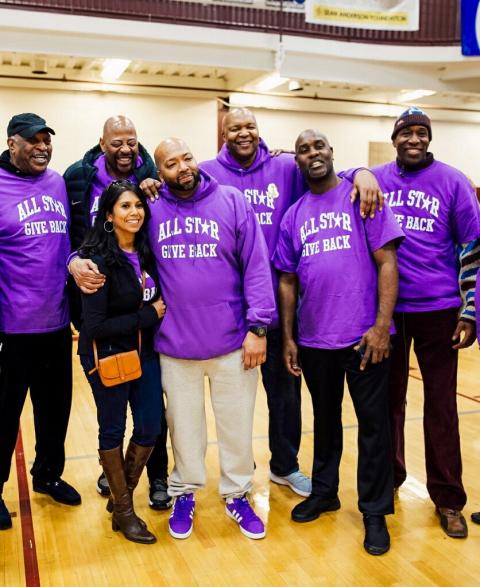Throughout the journey of adolescence, a pervasive question arises, presented by parents, teachers or mentors intent on shaping a young person’s trajectory and uncovering their aspirations. This question is fundamental to the coming-of-age narrative.
"What do you want to be when you grow up?"
Diverse responses emerge, ranging from aspirations to don the white coat of a doctor or charting a course toward a legal career or dedicating oneself to the noble profession of teaching. But in today’s world, one of the most common dreams among young people is the desire to become a professional athlete.
Willie Burton, a seasoned nine-year NBA veteran, has realized two dreams that elude many: a successful basketball career spanning from 1990 to 2004, followed by a transition into education post-retirement. Today, Burton stands on the verge of a highly esteemed achievement — a forthcoming PhD in Exercise and Sports Psychology from the University of Minnesota, where Burton's basketball journey began.
He led the Golden Gophers to the Sweet 16 in 1989 and the Elite 8 in 1990, and then he was drafted No. 9 overall by the Miami Heat in 1990. Burton was swiftly thrust into the whirlwind of NBA life, where he encountered overnight fame and success. In 1995, he scored 53 points on just 19 field goals, which still stands as the second-fewest attempts in a 50-point game. Willie’s newfound stardom brought with it a set of responsibilities and challenges that he hadn’t anticipated in his transition from college to the professional-basketball scene.
